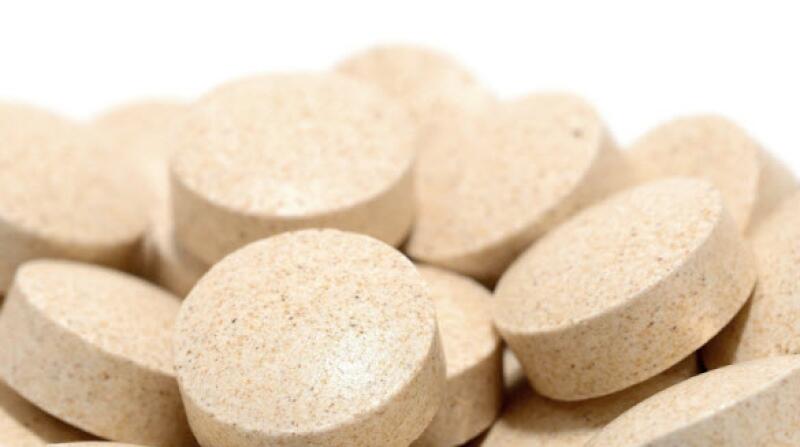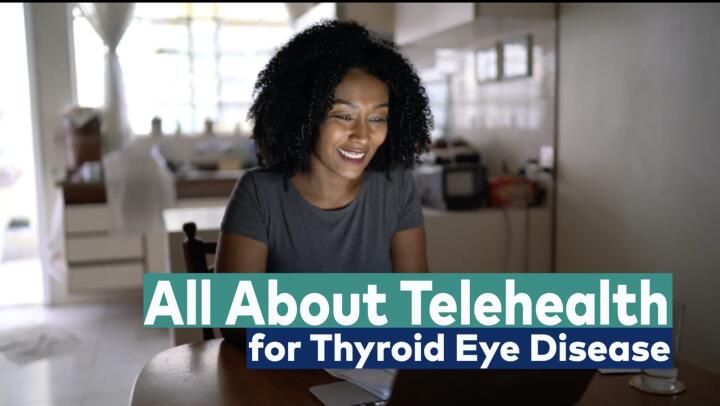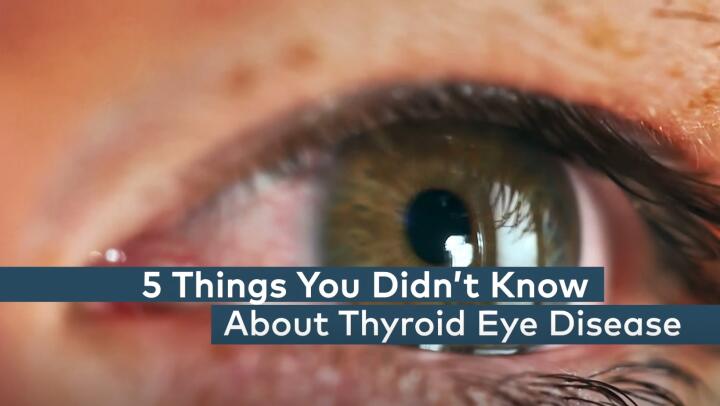7 Foods to Avoid with Hypothyroidism

Medically Reviewed By William C. Lloyd III, MD, FACS
Written By Jennifer Larson on July 2, 2021
-
 7 Foods to Avoid with HypothyroidismWhen it comes to managing your hypothyroidism, the most important thing that you put into your mouth each day is probably your hormone replacement medication. But certain foods, supplements and medications can interfere with your thyroid medication or otherwise affect your health, so it's helpful to be aware of what to avoid and what to approach with caution.
7 Foods to Avoid with HypothyroidismWhen it comes to managing your hypothyroidism, the most important thing that you put into your mouth each day is probably your hormone replacement medication. But certain foods, supplements and medications can interfere with your thyroid medication or otherwise affect your health, so it's helpful to be aware of what to avoid and what to approach with caution. -
 1. Avoid dietary supplements containing kelp.If you live in the United States, you're very unlikely to experience iodine deficiency because iodine is often already added to certain foods, including salt. The American Thyroid Association cautions that too much iodine can actually make your hypothyroidism worse. That means it's best to avoid taking iodine-rich dietary supplements that contain the seaweed known as kelp.
1. Avoid dietary supplements containing kelp.If you live in the United States, you're very unlikely to experience iodine deficiency because iodine is often already added to certain foods, including salt. The American Thyroid Association cautions that too much iodine can actually make your hypothyroidism worse. That means it's best to avoid taking iodine-rich dietary supplements that contain the seaweed known as kelp. -
-
 2. Eat cruciferous vegetables, but use caution.Experts used to caution patients with hypothyroidism to pass up the broccoli, cauliflower, kale and other cruciferous vegetables because they contain a compound called glucosinolate that could interfere with thyroid function. However, now it's more common to suggest that people just limit the amount that they consume on a daily basis, instead of avoiding them altogether, since cruciferous vegetables offer numerous other health benefits. Another suggestion: lightly cook these veggies before you eat them.
2. Eat cruciferous vegetables, but use caution.Experts used to caution patients with hypothyroidism to pass up the broccoli, cauliflower, kale and other cruciferous vegetables because they contain a compound called glucosinolate that could interfere with thyroid function. However, now it's more common to suggest that people just limit the amount that they consume on a daily basis, instead of avoiding them altogether, since cruciferous vegetables offer numerous other health benefits. Another suggestion: lightly cook these veggies before you eat them. -
 3. Avoid fatty meats.Forego the fatty meats and other sources heavy on the saturated fat. According to the Mayo Clinic, people with hypothyroidism may be at increased risk for heart disease because of an association between hypothyroidism and higher levels of low-density lipoprotein cholesterol. As a general rule, look for leaner cuts of beef, or go for poultry or fish.
3. Avoid fatty meats.Forego the fatty meats and other sources heavy on the saturated fat. According to the Mayo Clinic, people with hypothyroidism may be at increased risk for heart disease because of an association between hypothyroidism and higher levels of low-density lipoprotein cholesterol. As a general rule, look for leaner cuts of beef, or go for poultry or fish. -
 4. Be cautious about taking antacids.Antacids often contain calcium, which can interfere with the absorption of hypothyroid medication. Timing matters when it comes to taking them. You don't have to completely avoid antacids, but you may want to alter your typical consumption pattern. For example, if you tend to pop a couple of calcium-rich antacid tablets each day, try to take them at a different time of day than you take your medication.
4. Be cautious about taking antacids.Antacids often contain calcium, which can interfere with the absorption of hypothyroid medication. Timing matters when it comes to taking them. You don't have to completely avoid antacids, but you may want to alter your typical consumption pattern. For example, if you tend to pop a couple of calcium-rich antacid tablets each day, try to take them at a different time of day than you take your medication. -
 5. Take caution with iron tablets.Just as you may want to stagger the times at which you take your thyroid medication and your antacids, the same goes for iron tablets and antacids that contain aluminum. Also, if you tend to have constipation, you may want to consult your healthcare provider about whether you need to be taking the iron supplements, which can worsen constipation.
5. Take caution with iron tablets.Just as you may want to stagger the times at which you take your thyroid medication and your antacids, the same goes for iron tablets and antacids that contain aluminum. Also, if you tend to have constipation, you may want to consult your healthcare provider about whether you need to be taking the iron supplements, which can worsen constipation. -
-
 6. Limit your soy consumption.You might want to limit your consumption of foods containing soy. There's some disagreement among researchers about whether it's a good idea for people with hypothyroidism to just avoid eating products containing soy. However, the general consensus seems to be that you should wait a few hours after taking your hormone replacement medication before consuming any soy so the soy won't interfere with your body's absorption of the hormone. It might also be a good idea to avoid eating soy products on a daily basis, according to the Cleveland Clinic.
6. Limit your soy consumption.You might want to limit your consumption of foods containing soy. There's some disagreement among researchers about whether it's a good idea for people with hypothyroidism to just avoid eating products containing soy. However, the general consensus seems to be that you should wait a few hours after taking your hormone replacement medication before consuming any soy so the soy won't interfere with your body's absorption of the hormone. It might also be a good idea to avoid eating soy products on a daily basis, according to the Cleveland Clinic. -
 7. Avoid certain herbs.You may have seen certain herbs like coleus, guggul and bladderwrack that are marketed as a "safe, natural remedy" for people with low thyroid function. But they may not actually be safe. According to the University of Maryland Medical System, more research is needed to prove that those herbs are safe and effective. For example, bladderwrack contains iodine, and coleus can interfere with blood-thinning and blood pressure medications.
7. Avoid certain herbs.You may have seen certain herbs like coleus, guggul and bladderwrack that are marketed as a "safe, natural remedy" for people with low thyroid function. But they may not actually be safe. According to the University of Maryland Medical System, more research is needed to prove that those herbs are safe and effective. For example, bladderwrack contains iodine, and coleus can interfere with blood-thinning and blood pressure medications.
7 Foods to Avoid with Hypothyroidism
























